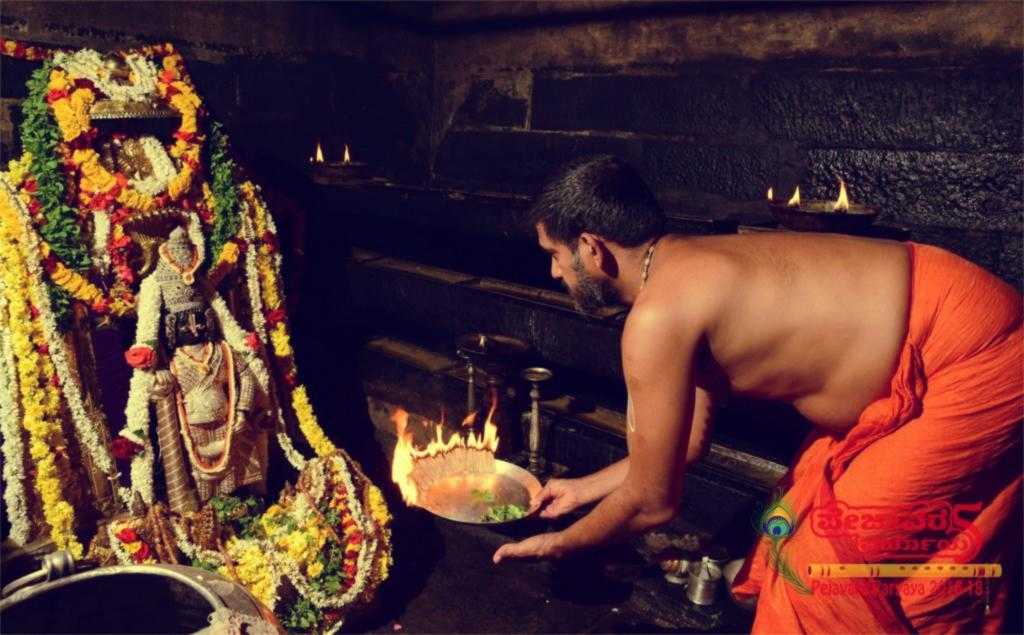The word “Hindu” essentially originated from the word Sindhu, one of the most revered rivers for our civilization since centuries. Anyone who is born in this land of Sindhu is a Hindu (though ironically in today’s context the land close to Sindhu or Indus River has become Pakistan). It is a cultural and geographic identity and is like saying “I am an Indian” in a more ancient way. Calling ourselves an “Indian” has been a just seventy years old phenomenon, but “Hindu” has been our identity since time immemorial.
Being a Hindu does not confine one to a particular belief system or a cult following of some ideology and therefore whatever you did in this culture was Hindu. There is no particular god or ideology that you can term as the Hindu way of life. You can be aHindu irrespective of whether you worship a man-god or a woman-god, whether you worship a cow or a tree or a sea or a river or a weapon or even if you don’t worship anything.
It is only recently and due to external influences that this geographical and cultural identity has been transformed into a religious identity called Hinduism. Hindu was never an “ism”, and the attempt to organize it as a religion is still not successful because the Hindu-way-of-life which is referred to as “Sanatana Dharma” or a universal law is all-inclusive in nature and does not exclude anything or anyone.
When an Imam of a Masjid went to Mecca on a pilgrimage, a local resident asked him, “Are you a Hindu?” The Imam was startled by this question and replied, “No, I am a Muslim.” When the Imam asked him the reason for calling him a Hindu, he replied that since you are a Hindustani I referred you as a Hindu.
Similarly, a Frenchman asked an Indian, “What is your religion?” The reply was, “Hindu.” The Frenchman countered: “That is your nationality; but what is your religion?”
The fact that, neither the Arabs, nor the Frenchmen nor the people of any other country have any doubt that “Hindu” connotes the nationality of this land. Arnold Toynbee in his monumental work “A Study of History” uses invariably the word Hindu to denote the race, the society and the civilisation born and grown here over the past millennia and extending right up to the present day.
“Anyone who is the national of this country, irrespective of being a Shaiva, Shakta, Vaishnava, Lingayat, Sikh, Jain, Muslim, Christian, Parsi, Buddist or Jew by way of his creed or mode of worship, is a Hindu” as a learned judge Justice Chagla in his court order has said, he further adds that “all nationalistic Indians irrespective of their caste or community are Hindus and I think that is a correct description of all those who live in this country and consider it their home. In true sense, we are all Hindus although we may practice different religions.”
The Supreme Court also in its 1995 judgment said that “Hindutva/Hinduism is a way of life of the people in the subcontinent and is a state of living and mind – not a religion.”
Everybody can have their own way of worship and if there are five people in a family, each one can worship the God of their choice, or not worship anything, and still be a good Hindu. So, you are a Hindu irrespective of what you believe or don’t believe in. Since ancient times there has never been any tussle on religious grounds, at the most points have been put for debates and questions have been asked for pursuit of truth is supreme. The key difference between today’s world and the ancient Hindu society has been that the Hindus never believed and tried to prove their belief is right and needs to be followed.
It’s an irony that the Communists, pseudo-secularists and even the post-independence era politicians erred in understanding and preached the core principle of nationalism by saying “Hinduism as just another religion and it is not upholding a key principle enshrined in the Constitution which is secularism”.
Sources:-
K C Sudarshan
